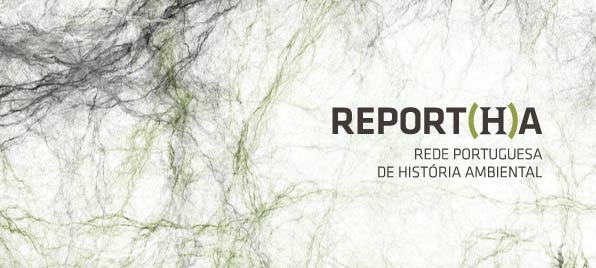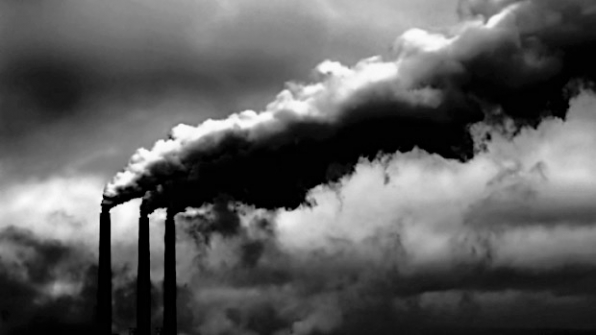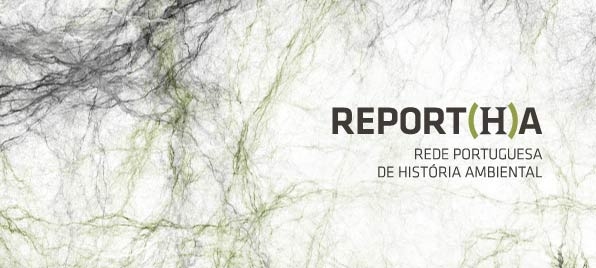CESCONTEXTO - Debates, N.º 17 (2017)
- Published in News
Nº 17 (maio de 2017)
"Diferentes formas de dizer não: conflitos da mineração"
Organização: Adriana Bravin e Lúcia Fernandes
Edição: Sara Rocha
Este volume dá voz àqueles e àquelas que, situados/as em diferentes lugares – na academia, nas ONGs, nos movimentos sociais e nas instituições locais – se posicionam contrários/as às velhas e novas práticas económicas extrativistas que avançam sobre os territórios, como a mineração de ferro, na América do Sul, ou que renascem na Europa, como a exploração de urânio, feldspato, caulino, ouro e petróleo, em Portugal. Os textos resultam das comunicações feitas durante o Seminário e Fórum público “Diferentes formas de dizer não: conflitos da mineração”, realizado a 2 de fevereiro de 2016, no Centro de Estudos Sociais da Universidade de Coimbra, e que mobilizou cidadãos e cidadãs, investigadores/as, ativistas, membros de associações, movimentos e diferentes plataformas portuguesas.
Mais informação em http://www.ces.uc.pt/publicacoes/cescontexto/index.php?id=17217








